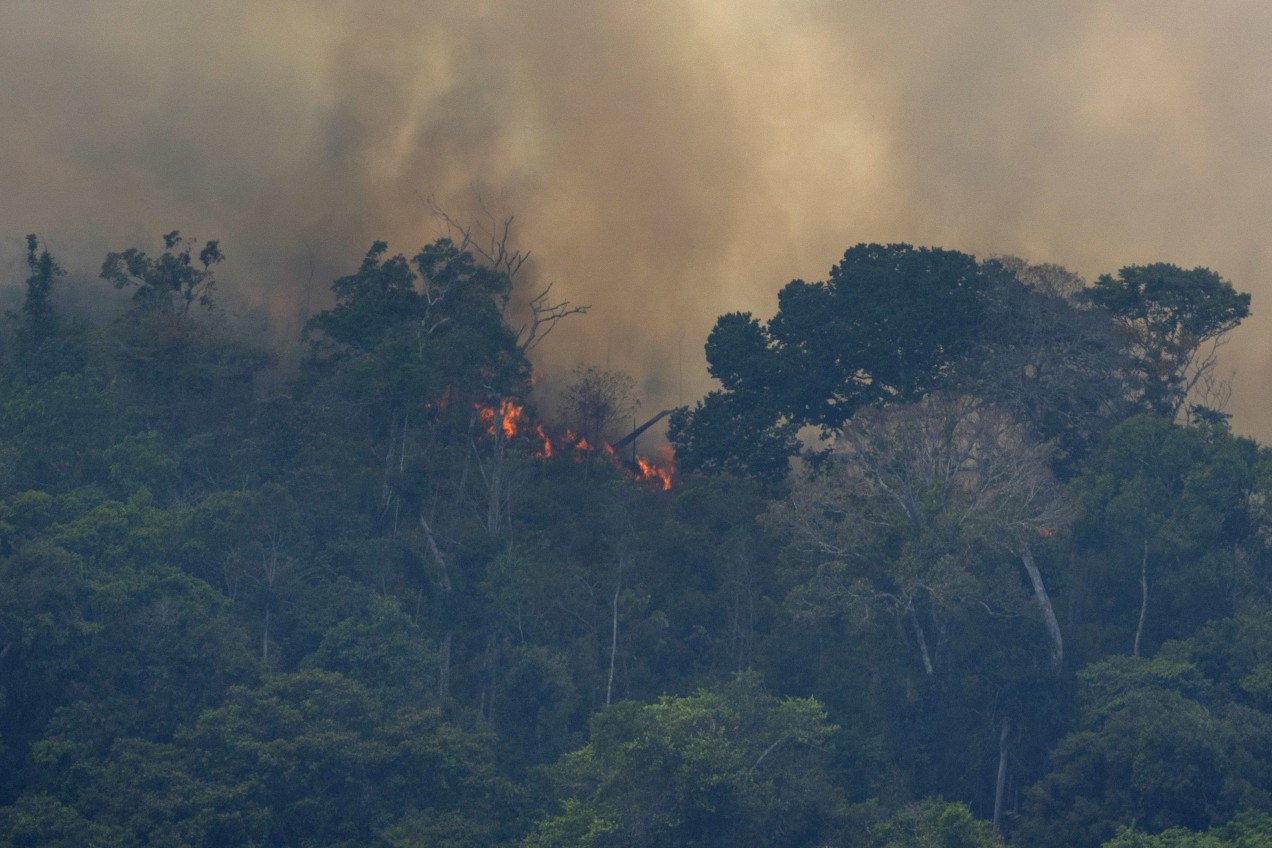A 2007 modeling study found that the loss of around 40% of the forest would reduce rainfall and extend the dry season in major parts of the Amazonia region, converting much of the eastern part into grassy plains where few trees can thrive.

We aren’t terrified enough about losing the Amazon
The idea is that a certain level of deforestation will push the world’s largest rainforest to a tipping point, where spiraling feedback effects convert much of the forest into savannah. The massive greenhouse gas sponge, which holds around 17% of the world’s carbon trapped in vegetation on land, would suddenly become a major source of it.
That would be a monumental catastrophe. But how real of a danger is it?
Well, scientists can’t exactly say. Some models show the phenomenon, some don’t. Where some researchers detect a tipping point in the data—which technically means it would continue on its own even if the forces that first drove it fade away—others see merely progressive deterioration that could be halted. Still other studies have found such a phenomenon would most likely convert rainforest into seasonal forest, rather than savannah.
So what should we do in the face of this kind of scientific uncertainty? Like other climate tipping points, which are unpredictable and essentially irreversible once reached, we should err on the side of caution.
“Even if it’s a remote possibility, we cannot afford to ignore it,” says Jonathan Foley, executive director of Project Drawdown, a research group focused on decarbonization. “It would be absolutely catastrophic to the Earth’s carbon cycle, water cycle, climate, and biodiversity—not to mention the people who live there.”

LEARN MORE
Possible Future
